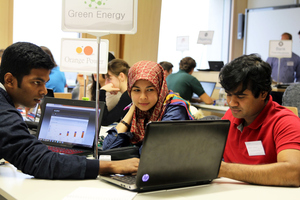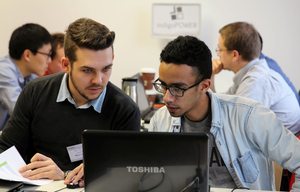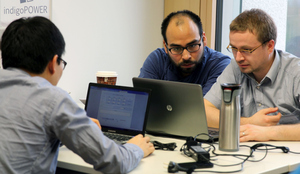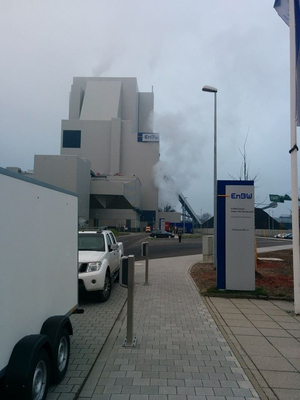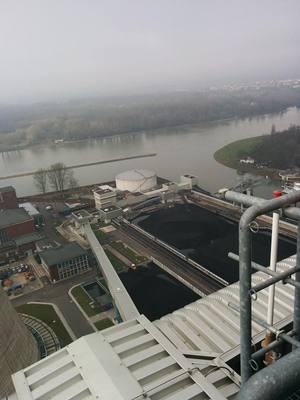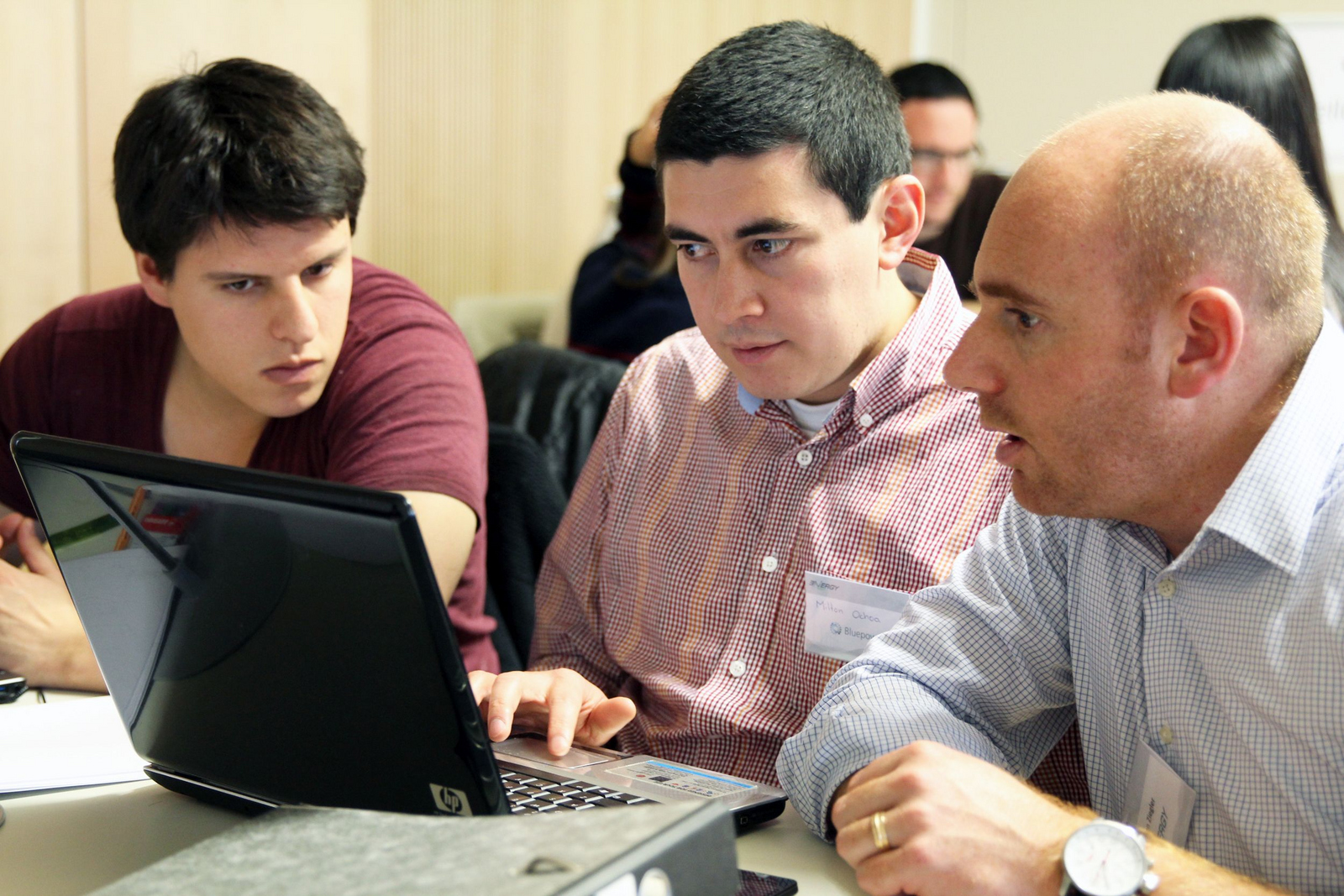The real-life scenario was completed with the two-day web-based simulation game EnergyNext, where both activities, operating powerplants as well as the marketing of energy facilities were simulated:
Participants had to run power plant facilities, were involved in decision-making processes and developped business strategies, negotiated with governments, requested bankloans and needed to take strategical decisions on financial matters. (Sometimes they risked getting into the red - and even striving bankruptcy… but fortunately not bailing with their own money.)
Each year the students highlight the outstanding and unique experience – and how this realistic simulation game enables them to understand how the energy market works.
Here is an example of a feedback from one of the current ECM students:
“EnergyNext” is a realistic simulation of the energy market. It is about the energy production by nuclear and fossil fuels as well as renewable energies. Eight different groups, each of them consisting of the subgroups “Production & Trade” and “Marketing”, had to acquire customers and supply them with their energy – all of this with the final goal of making profit. The game is played in three rounds which simulate five business years in total – during that time, the participants could shut down power plants or open new ones, depending on the political impacts, which were simulated in a very realistic way including the nuclear catastrophe in Fukushima and the nuclear phaseout that followed it.
The simulation was a very good opportunity to get a good insight into the energy market and to get an idea about how it feels to be responsible for a company. Additionally it was a good exercise to get more familiar with expressions taught in the lecture like EAT, EBT and EBITDA. The simulation game is a very interesting experience and I would very much suggest the future ECM students to participate in it. It is not only about learning facts, but also a lot of fun.”
-Tobias Lang from Germany, and Salvador Contreras from Mexico -
